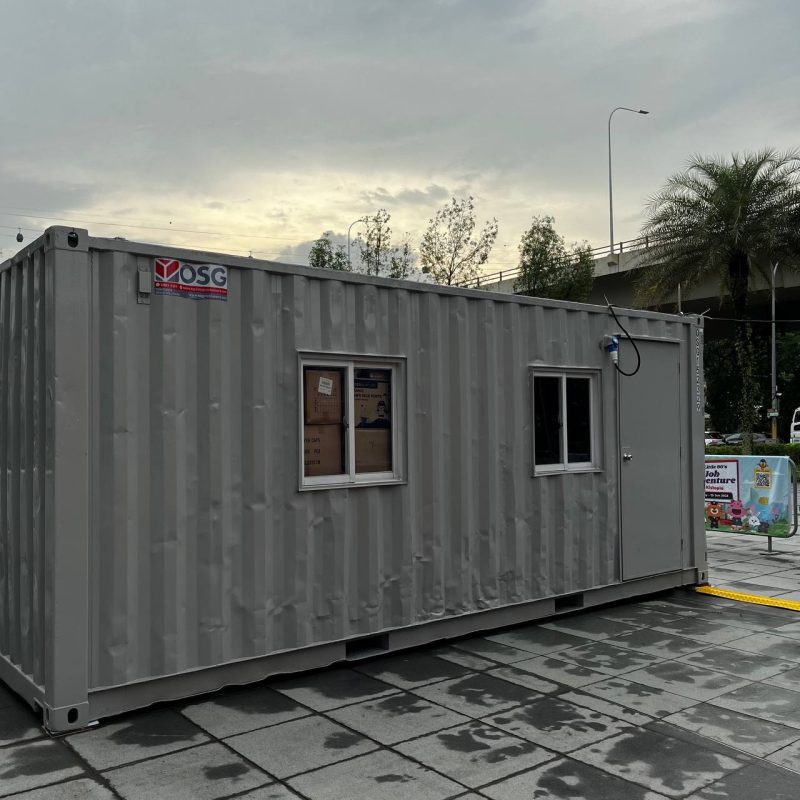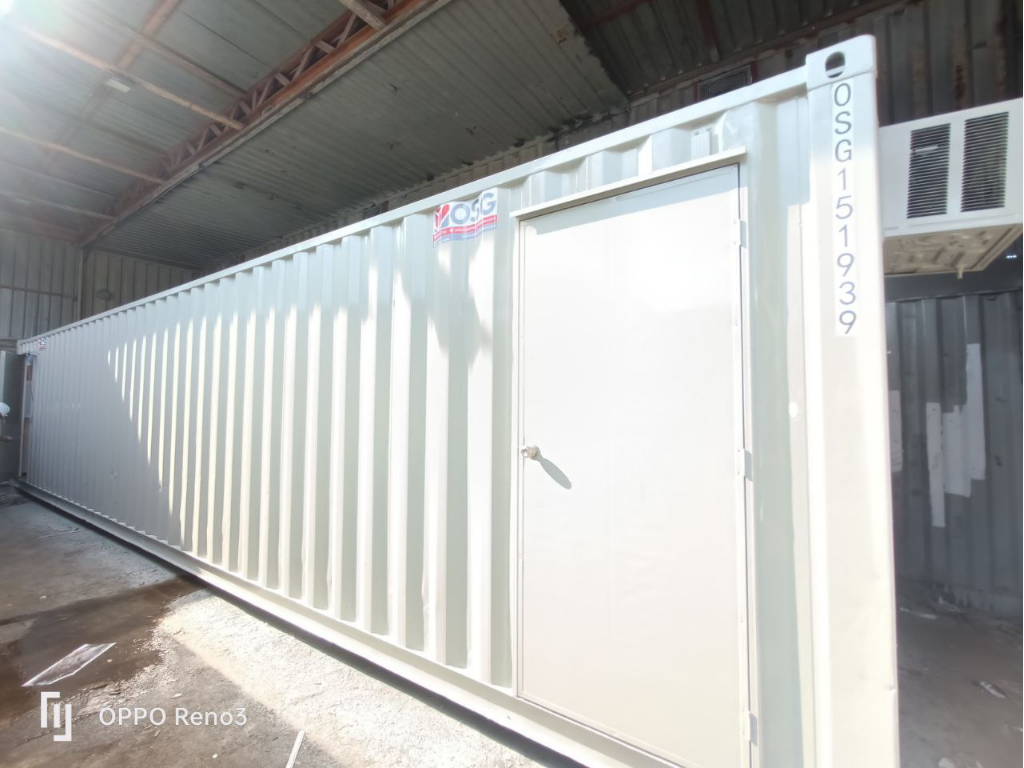Shipping Container Conversions: Unique Ideas for Offices and Workspaces

In recent years, shipping containers have emerged as a versatile and innovative solution for various architectural and design needs. Originally designed to transport goods across the globe, these sturdy, modular units are now being repurposed into unique and functional offices and workspaces. The adaptability of shipping containers allows for creative, cost-effective, and sustainable design solutions. Here’s a look at some unique ideas for converting shipping containers into offices and workspaces.
1. Modular Office Units
One of the most popular uses of shipping containers in office design is the creation of modular office units. These container offices can be used as standalone workspaces or combined to form larger office complexes. Their modular nature allows businesses to scale up or down with ease. For example, a startup could begin with a single container office and expand by adding more containers as the company grows. These units are typically outfitted with basic office necessities such as desks, chairs, and internet connectivity, and can be customized with additional features like meeting rooms or lounges.
2. Creative Co-Working Spaces
Shipping containers offer an excellent foundation for creative co-working spaces. Their industrial aesthetic and customizable interiors can be transformed into vibrant and collaborative environments. Co-working spaces made from containers can include communal work areas, private offices, brainstorming rooms, and relaxation zones. The container’s robust structure allows for the installation of large windows and skylights, which can brighten up the space and create a more inviting atmosphere. Adding features like outdoor terraces or green walls can enhance the overall appeal and functionality of these co-working spaces.
3. Pop-Up Offices
The flexibility of shipping containers makes them ideal for pop-up offices. Businesses can use containers as temporary office spaces at events, trade shows, or seasonal locations. A pop-up office can be set up quickly and efficiently, providing all the essentials needed for a temporary workspace. This approach is especially beneficial for companies looking to establish a presence in a new market or test a new concept without committing to a long-term lease.
4. Remote Work Hubs
In today’s remote work culture, having a dedicated workspace away from home is becoming increasingly important. Shipping containers can be converted into remote work hubs that offer a productive and distraction-free environment. These hubs can be designed with ergonomic furniture, high-speed internet, and soundproofing to create an optimal work setting. For those working from rural or suburban areas, a shipping container office can provide a convenient and comfortable workspace close to home.
5. Innovative Design Studios
Shipping containers can also be used to create innovative design studios. Whether it’s for graphic designers, architects, or artists, containers provide a flexible space that can be tailored to specific needs. The container’s compact size encourages efficient use of space, while its blank canvas allows for creative freedom. Design studios can feature open-plan layouts, adjustable lighting, and modular storage solutions, making them ideal for various creative projects.
6. Sustainable Office Spaces
Sustainability is a growing concern in modern architecture, and shipping containers offer an eco-friendly option for office spaces. Repurposing containers reduces the demand for new construction materials and minimizes waste. Additionally, container offices can be equipped with sustainable features such as solar panels, rainwater harvesting systems, and energy-efficient lighting. These green upgrades not only reduce the environmental impact but also contribute to cost savings in the long run.
7. Customizable Meeting Rooms
Shipping containers can be transformed into customizable meeting rooms that cater to specific business needs. These spaces can be designed with various configurations, such as boardrooms, conference rooms, or training centers. The container’s adaptability allows for the incorporation of multimedia equipment, adjustable seating arrangements, and acoustic treatments to enhance the meeting experience. Customizable meeting rooms made from containers offer businesses the flexibility to host events and presentations in a unique and functional setting.
8. Hybrid Workspaces
With the rise of hybrid work models, shipping containers offer a practical solution for creating hybrid workspaces. These spaces can be designed to accommodate both in-office and remote work needs. For example, a container office can include dedicated areas for individual work, collaborative zones for team projects, and spaces for virtual meetings. The ability to customize and reconfigure the space allows businesses to adapt to changing work patterns and employee preferences.
Conclusion
Shipping container conversions offer a range of unique and innovative solutions for offices and workspaces. From modular office units and creative co-working spaces to remote work hubs and sustainable office designs, the versatility of shipping containers makes them an attractive option for modern businesses. By repurposing these robust and adaptable structures, companies can create functional, cost-effective, and environmentally friendly workspaces that meet their specific needs. As the demand for flexible and creative office solutions continues to grow, shipping containers are likely to play an increasingly prominent role in the future of workspace design.



